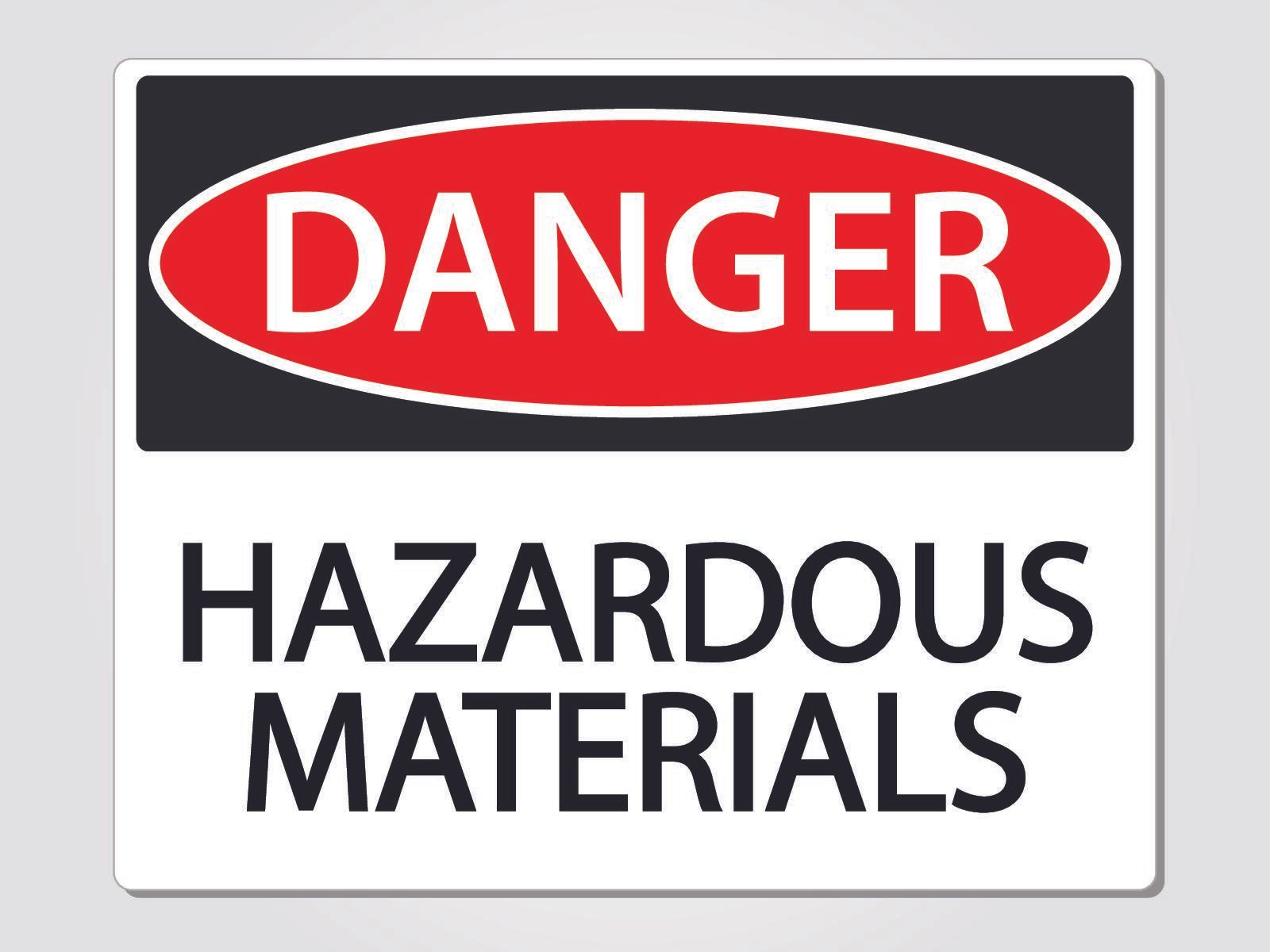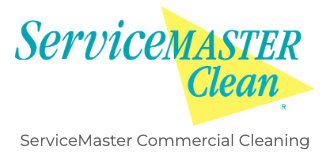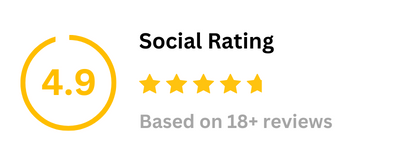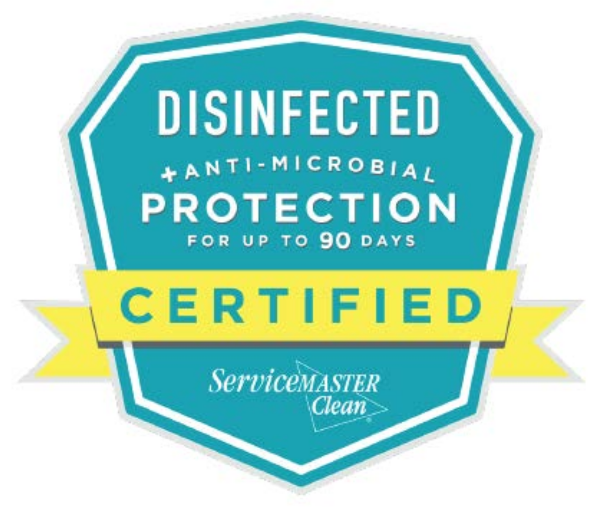The Truth About Hand Sanitizers
Note: Although this post was originally published in 2018, interest in this topic has spiked in the past few weeks as the COVID-19 pandemic spreads across the United States. New details about the virus are constantly emerging, but the latest research indicates that “60% ethanol and 70% isopropanol, the active ingredients in CDC-recommended alcohol-based hand sanitizers, inactivates viruses that are genetically related to, and with similar physical properties as, the 2019-nCoV” (per the CDC).
If a person infected by coronavirus has been in your facility, or if you are interested in taking preventative measures, please see our page about our anti-coronavirus cleaning services available in our service area of southwest Virginia.
Cleaning Procedures
Although gel-based hand sanitizer was first invented in 1966 by an RN named Lupe Hernandez, it was originally only used in hospital and medical settings. The product didn’t become popularized for home and personal use until the 1980s and 1990s.
Today, hand sanitizer is everywhere. Not only is it in every hospital room and doctor’s office, but it’s also in bathrooms, moms’ purses, kids’ backpacks, teachers’ supply closets, kids’ lunch boxes, grocery store entrances, and even the portable restrooms at countless county fairgrounds. Hand sanitizer has become a staple for many American families, thanks to its usefulness, effectiveness, and accessibility.
But are there any drawbacks to using hand sanitizer on a regular basis? Is it as effective as we’ve always heard? Should we replace soap and water handwashing with sanitizers?
Let’s consider the evidence about this product that has completely changed how we approach cleanliness in America by looking at the facts. But before we can get into the pros and cons of this method for killing germs, let’s make sure we know what hand sanitizer is, how it works, and how it is different from soap and water.
In their article on this topic, the University of Toronto explains: “[Hand sanitizer] works by killing cells—not human cells. It kills microbial cells. It’s based on the use of 70 percent isopropyl alcohol, which is rubbing alcohol. That’s the concentration of rubbing alcohol that is most effective in killing germs—it’s even more effective than 100 percent. Because it has a little bit of water in it, it improves penetration. For a virus, sanitizers work by disrupting the virus’s outer coat. For a bacterium, they work by disrupting its cell membrane.”
This is different from soap and water. When using soap, you’re washing away germs and bacteria, not necessarily killing them. That said, antibacterial soaps do have some of the same germ-killing capabilities as hand sanitizers.
The reasons why hand sanitizer is so popular include:
- It’s easy and inexpensive to install hand sanitizer dispensers throughout high-traffic areas, such as hospitals and stores. This means you have more physical spaces where people can clean their hands quickly and effectively, without needing to install hand washing stations or additional sinks.
- Carrying a small bottle of sanitizer is convenient for busy families and individuals who want to quickly clean their hands without tracking down a hand washing space like a bathroom or kitchen.
- Hand sanitizer is effective and inexpensive.
Here are a few quick facts about the increasingly prevalent hand sanitizer that you see everywhere from doctors’ offices, schools, and your own home.
Fact #1: Hand sanitizers DO kill a lot of germs.
The “kills 99.9% of germs” statistic you see on lots of hand sanitizer bottles is a bit misleading, but researchers have found that it does successfully kill a lot of germs and microbes that could make you sick. For healthcare workers, in particular, hand sanitizers can prevent a lot of illnesses that would otherwise spread between patients and workers. One of the reasons hand sanitizer is so effective in hospital settings is because it is proven that it’s easier to get people to comply with hand sanitizing policies than it is with hand washing policies.
Fact #2: Washing your hands with soap and water is always preferable for preventing illnesses that come from viruses and bacteria.
The CDC emphasizes that washing with soap and water is the most effective method for eliminating microbes from your hands. This isn’t to say that you shouldn’t use hand sanitizers, but simply that when you have the opportunity to wash your hands instead of reaching for the sanitizer dispenser, you should go with soap and water.
Fact #3: The best sanitizers have an alcohol content of 60% or higher.
The higher the alcohol content in your sanitizer, the more microbes it can kill. However, high-alcohol content sanitizers can also dry out your hands.
Fact #4: Hand sanitizers can’t kill C.diff, a potentially deadly bacteria.
Newer research shows that hand sanitizer isn’t effective at killing C.diff, which is a bacterial infection in the colon that can make a person very sick. However, experts still recommend using hand sanitizer, as the new research needs to be recreated with the same results before being enough to change the existing recommendations on using sanitizer frequently between tasks.
Fact #5: It’s possible to use hand sanitizer incorrectly.
There are a number of ways you can misuse hand sanitizer, including not using enough, wiping the gel off your hands before it dries, or choosing sanitizer over soap when your hands are visibly soiled, greasy, or otherwise dirty.
Clearly, there are benefits and drawbacks to using hand sanitizer. It is certainly an effective tool for killing germs and microbes, but it also shouldn’t be used as a replacement for traditional soap and water-based handwashing. Before reaching for the hand sanitizer, ask yourself:
- Are my hands dirty enough that I need to wash away debris, grime, or dirt?
- Have I potentially been exposed to any high-risk microbes, such as C.diff or MRSA?
- Would it be possible for me to wash my hands with soap and water instead?
If your answer to any of these questions is “yes,” we recommend finding a sink and washing with soap and water.
Handwashing and hand sanitizers certainly play a big role in maintaining a hygienic environment, but an experienced janitorial cleaning service can also ensure that your surroundings are as clean as possible. ServiceMaster Commercial Cleaning has been cleaning facilities in southwest Virginia for more than twenty years. Click here to request a free quote today!
You might also like




